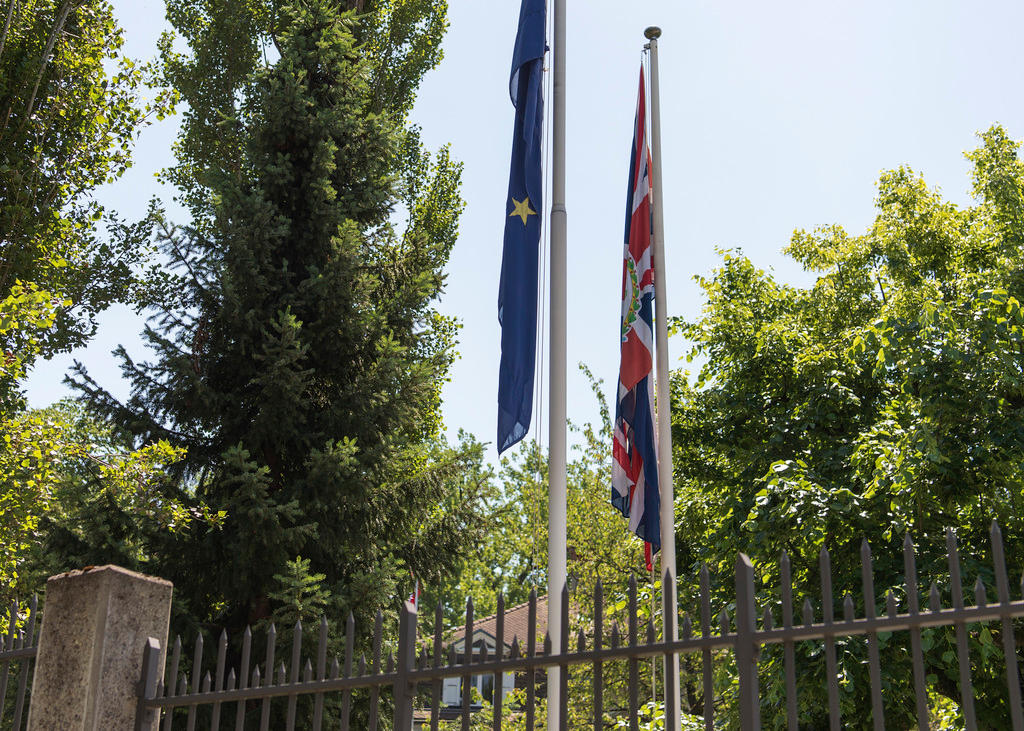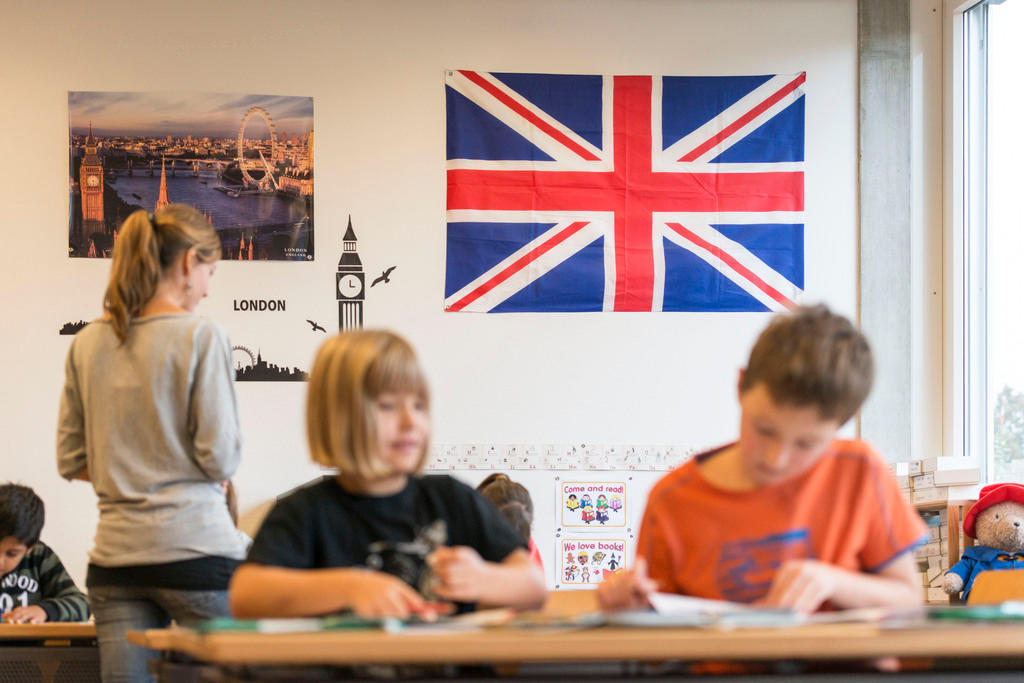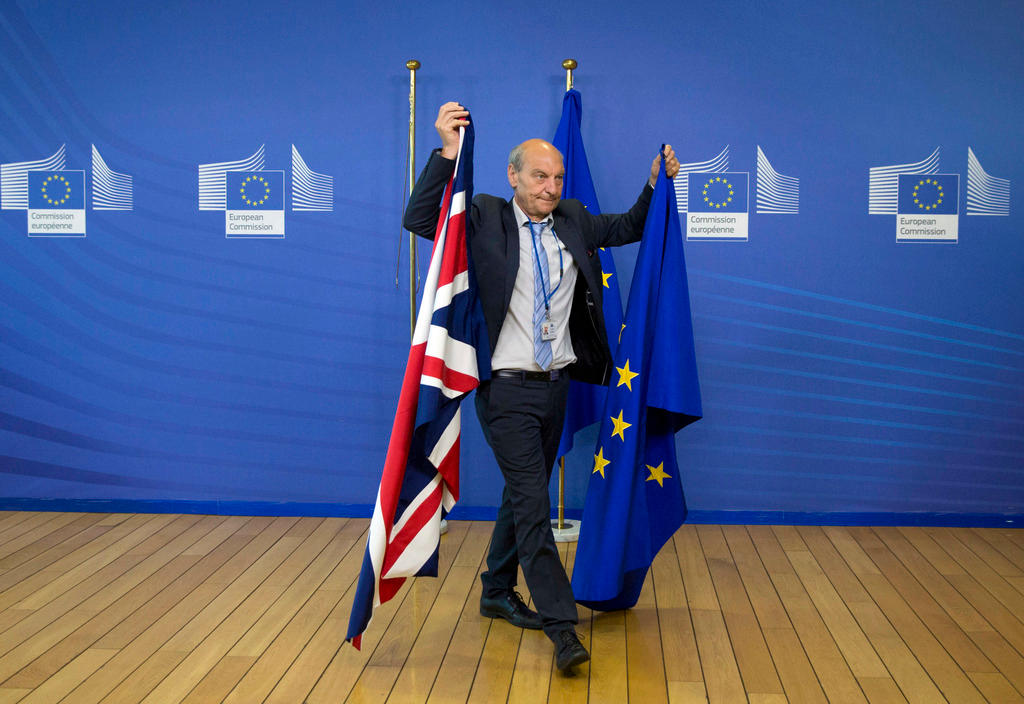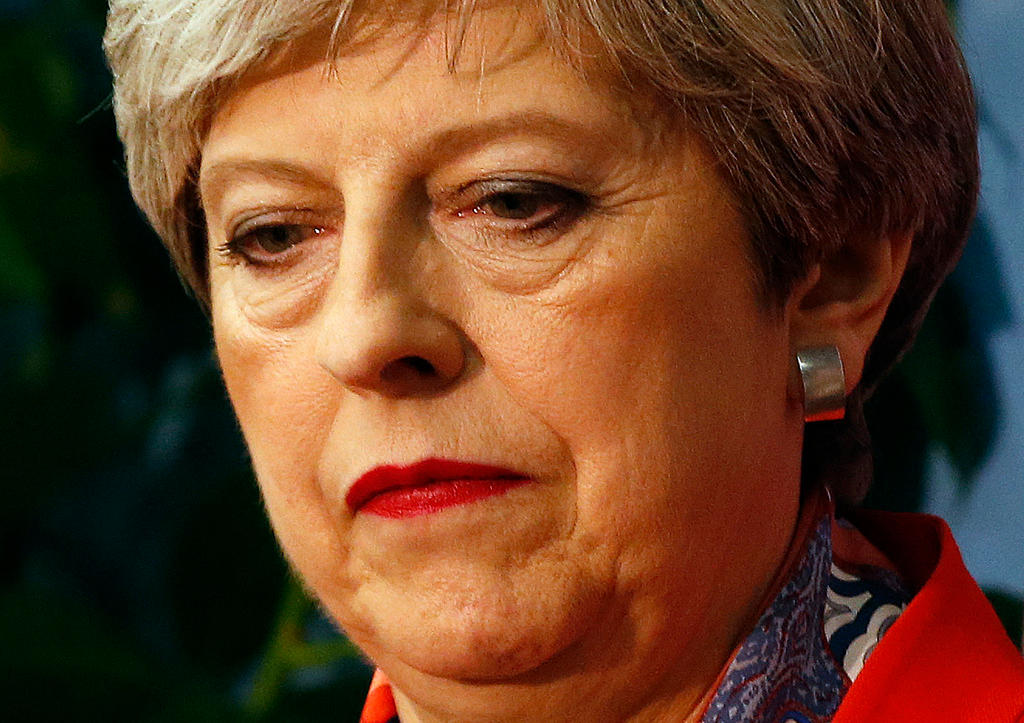More British fancy a Swiss passport

The number of British nationals applying for Swiss citizenship increased in some cantons in 2016, a trend that experts say is partly linked to the United Kingdom’s decision to leave the European Union a year ago.
The canton of Vaud, which has more than 9,000 British residents, experienced the greatest increase, Swiss public broadcaster RTSExternal link reported. The number of requests by British citizens for Swiss citizenship rose to 473 in 2016, up from 276 a year earlier – a jump of 71%.
Demand for Swiss citizenship has generally risen in recent years, though it has not been extraordinarily high among “classic” nationalities such as the Portuguese and French, for example, whose latest application rates have been 33% and 30%, respectively.
“The interest for naturalisation is even stronger among the British than the countries which normally provide the highest numbers of people becoming citizens,” said Frédéric Rouyard, a spokesman for the Vaud population serviceExternal link.
In the canton of Geneva, another area popular with British subjects who now number over 7,000 residents, the requests have risen to 145 in 2016 up from 90 a year earlier – a 61% increase. In all the other French speaking cantons (apart from bilingual Bern), which have fewer Brits living there, there has been a rise as well, reported RTS.
It is difficult to gain an overall picture for Switzerland, as there are no statistics available yet on naturalisations of British from the Federal Statistical Office.
There were, however, almost 42,000 British nationals in the country in 2015. This compares with over 267,000 Portuguese.

More
Where does a Brexit leave Brits in Switzerland?
The German-speaking canton of Basel City, with 2,216 Brits in 2016, told swissinfo.ch that it did not yet have the naturalisation statistics for 2016 yet, but there had been a small trend towards an increase in naturalisations of British residents since 2010.
But the number of naturalisations was, in general, so small that no interpretation could be made as to the reasons. For example, there were only 18 naturalisations in the canton in 2015.
Why the rise in some places?
“The feeling of insecurity linked to the situation in the home country is always an explanatory factor when there is a rise in naturalisation requests,” said Etienne PiguetExternal link, a geography professor at the University of Neuchâtel. But the Brexit factor – the UK’s vote on June 23, 2016 to leave the European Union – does not explain everything, he told RTS.
The Swiss population’s approval on February 9, 2014 of a right wing proposal to curb immigration also created uncertainty.
“Foreigners living in Switzerland don’t want to run the risk that there is an effect on their work situation,” Piguet said. “They have been living in the country for years, so they decide to take the step and start the administrative process.”
Another factor is the entry into force on January 1, 2018 of a new law that imposes more restrictive requirements for obtaining Swiss citizenship. Vaud and Geneva have thus been encouraging foreign nationals to apply for citizenship, as has the city of Zurich.

In compliance with the JTI standards
More: SWI swissinfo.ch certified by the Journalism Trust Initiative




You can find an overview of ongoing debates with our journalists here . Please join us!
If you want to start a conversation about a topic raised in this article or want to report factual errors, email us at english@swissinfo.ch.